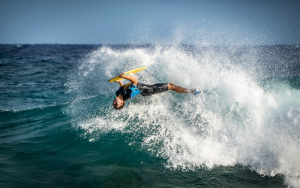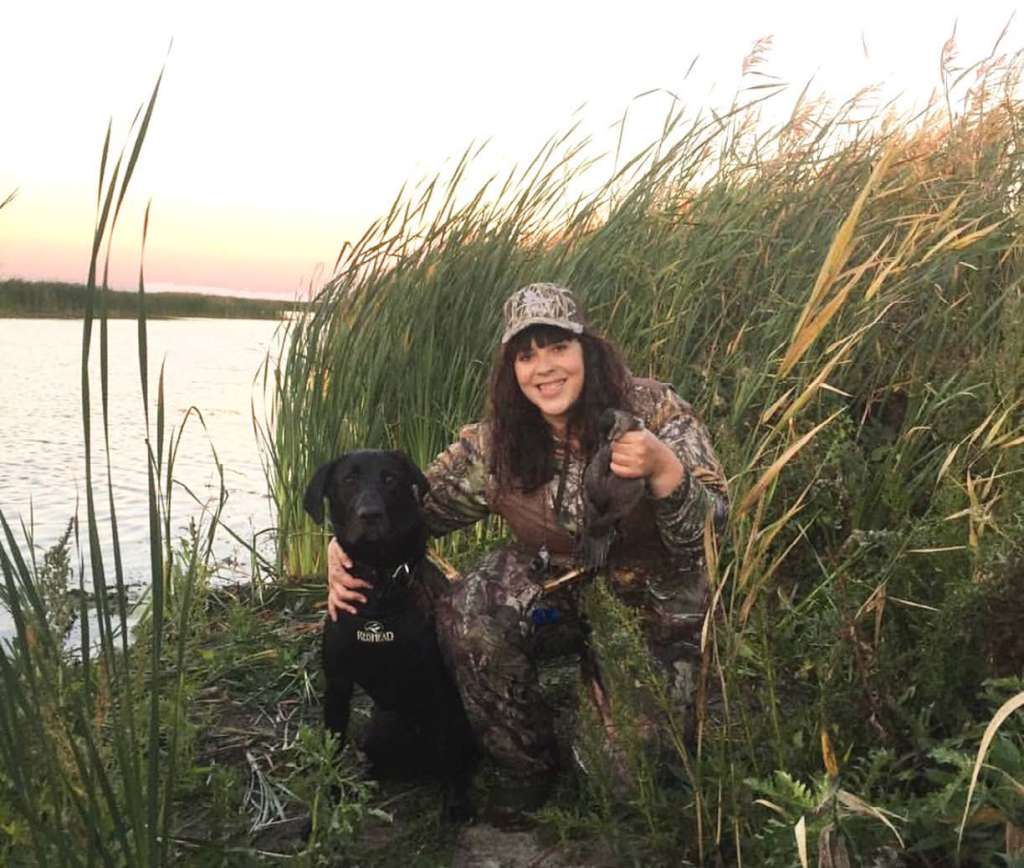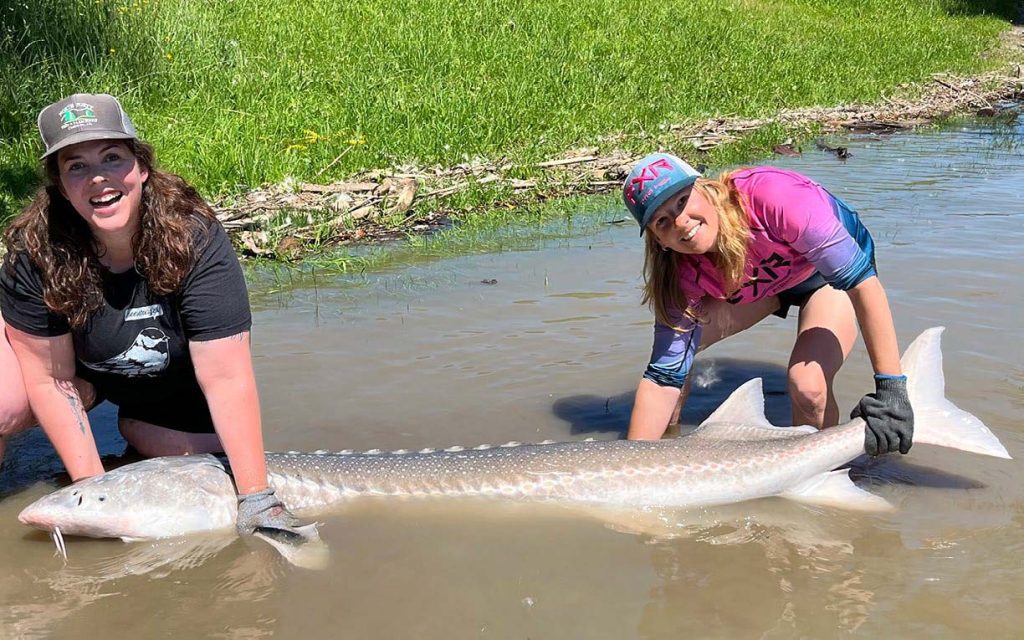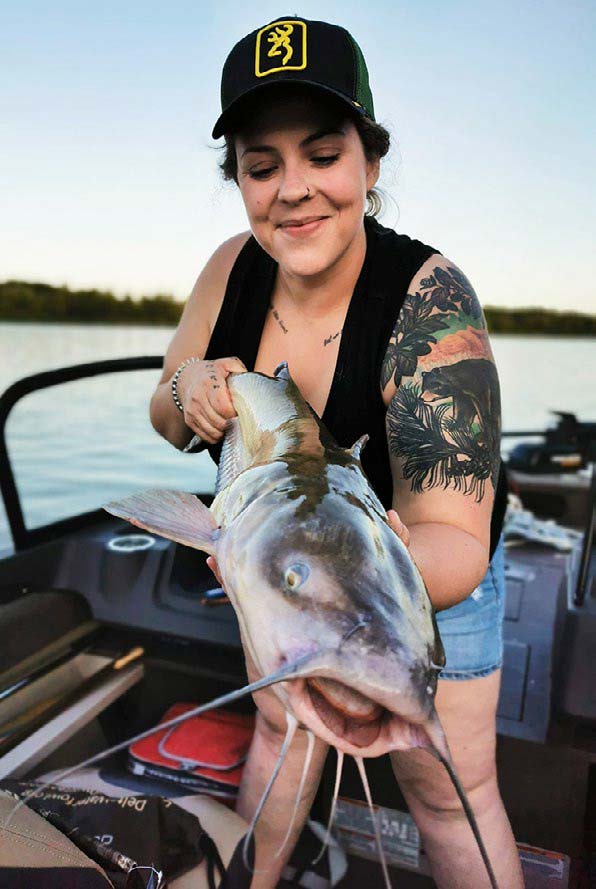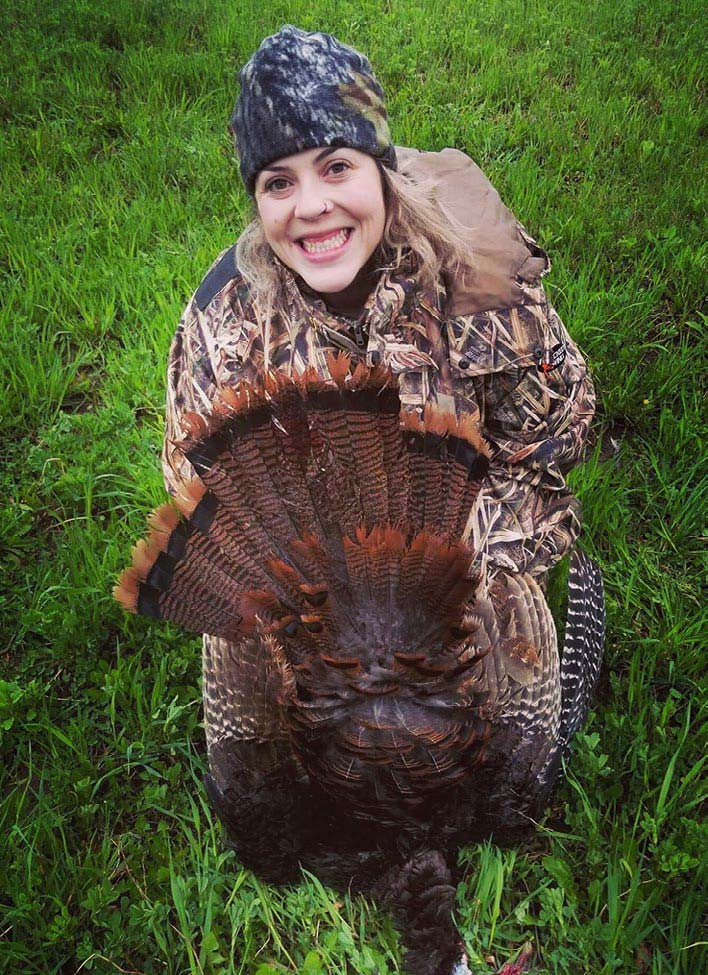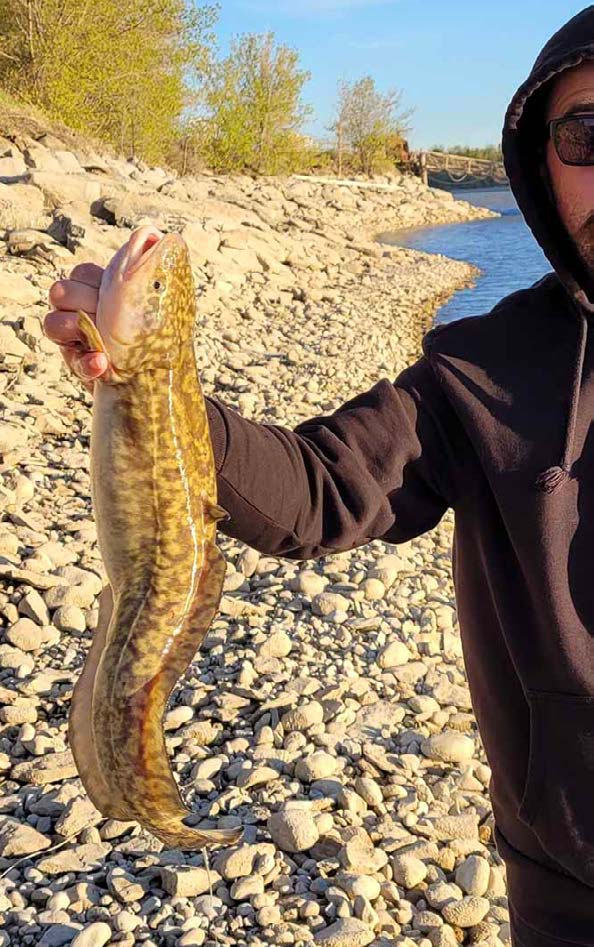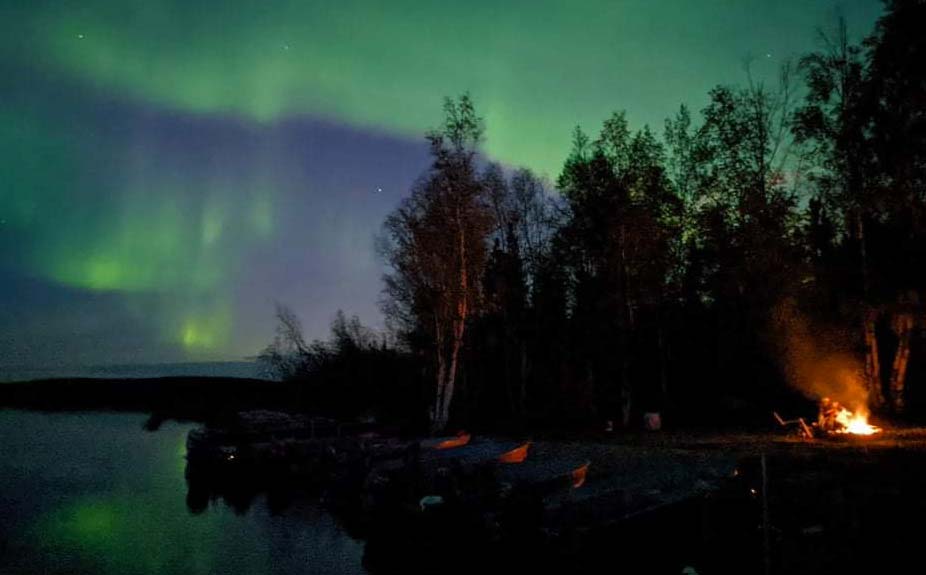Author: Emily Lamb
Growing up on a farm, Emily Lamb had a contagious passion for the outdoors at a young age. As time progressed, this began to bloom into obtaining quality food via hunting, fishing and foraging, as well as wildlife management through professional trapping and environmental work. As Emily learned more, she became enthusiastic about introducing potential outdoorsmen to the lifestyle and teaching basic, obtainable skills to anyone with interest. Today, Emily teaches outdoor skills via freelance writing and her outdoor education company Canis Outdoors, as well as provides professional wildlife management as the owner of Canis Environmental Solutions. In her free time, she travels to hunt and fish, or cooks delicious ethically obtained food for as many friends as possible on her hobby farm in western AB.
The art of the duck call is one of those things that seems mystical. That’s especially the case the first time you hunt with an avid caller, especially after you’ve resigned yourself to failure— then get to witness a group of birds magically steer back toward your spread. Now, I may get criticized for letting the cat out of the bag, but the truth is, learning how to call ducks isn’t really that hard. Ducks are generally considered easier to call and more forgiving than other waterfowl, such as geese. In fact, when you choose to call can be just…
I can’t say for sure what led to this particular trip. I wish there was an inspiring or quirky story leading up to the decision to fish for giant white sturgeon on British Columbia’s Fraser River. But in reality, adventure buddy Justyne and I probably just thought sturgeon are really cool and we would take advantage of any excuse for a fishing trip. Unlike me, Justyne had angled for other species of sturgeon, but neither of us had ever chased a freshwater fish of this size or caliber. While these fish are technically considered the largest freshwater fish in North…
There’s no question: Whether you choose fishing, hunting, foraging or trapping, becoming a mentor is one of the most rewarding activities an established outdoorsman can pursue. There aren’t a lot of feelings that surpass witnessing someone’s excitement as they learn and achieve their goals. But where should a potential mentor begin? Check out the following information for some basic tips to help you build a roadmap to mentorship. Who Mentor? Before you start your journey, it is important to consider the type of person you want to teach and the type of teacher you strive to emulate. Being honest with…
I have an obsession. I love wild turkeys. I dream of roosts. I fantasize about calling. Endless parades of thunder chickens march through my mind every spring. But it wasn’t always this way. As an Alberta girl, my vision of these birds was at one time limited to the barnyard. I saw them as a noisy Picasso of an animal jumbled together with spare parts. I’d never seen the majesty of a gobbling tom emerging from the soupy morning fog or felt the nosey glare of a suspicious hen. And I most certainly never experienced the exhilarating game of Marco…
They go by many an alias: eelpout, lawyer, freshwater cusk, freshwater ling, loche, poor man’s lobster, mud shark, mariah…and the list goes on. That’s right, we’re talking burbot. It’s a species that, in the past, has held the unfortunate title of “garbage fish,” junk fish to be tossed away. It’s a fish that, until recently, wasn’t even listed in many angling regulations throughout their range. But times are changing, and folks far and wide are beginning to recognize the value of this unique and scrumptious ling fish. Burbot look like an eel crossed with a frog. They taste like a…
When a dear friend called to say there could be a couple of last-minute fishing spots open at the world-class Cree River Lodge, it wasn’t a question of yes or no. It was a question of how fast I could get my affairs in order to make it happen. In my gut, I knew this was something I could not pass up. After calling in several favors and twisting the (rubber) arm of my faithful outdoor companion, Cousin Ben, we were ready. We found ourselves staring out the window of a twin-prop floatplane as she dipped her wing toward the…

